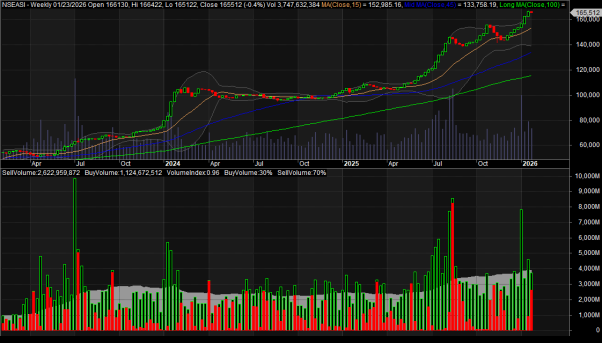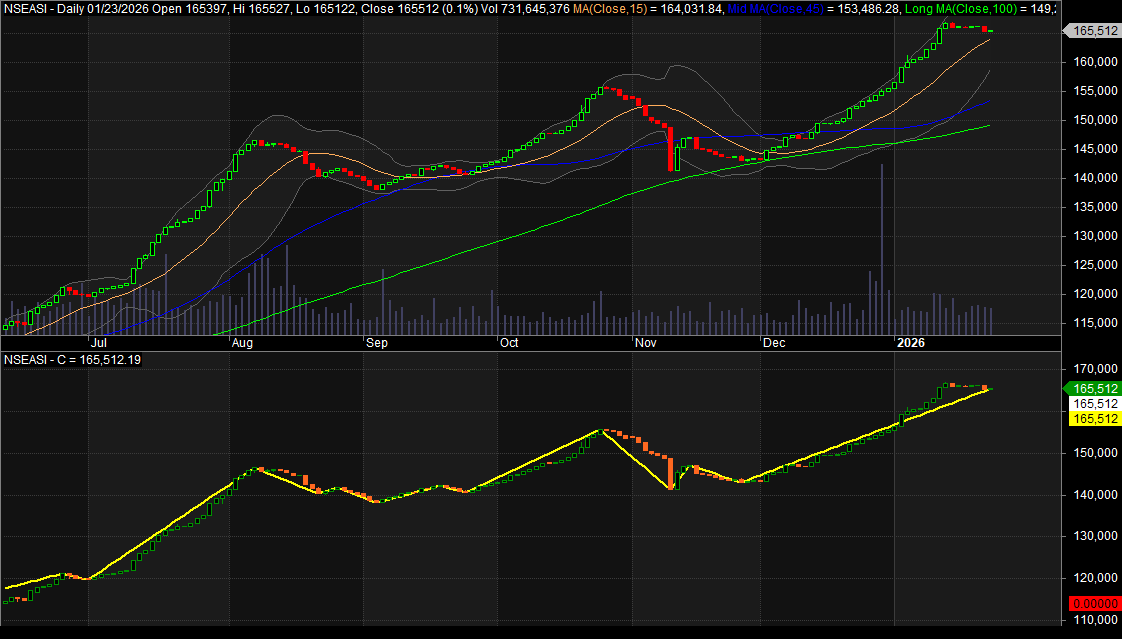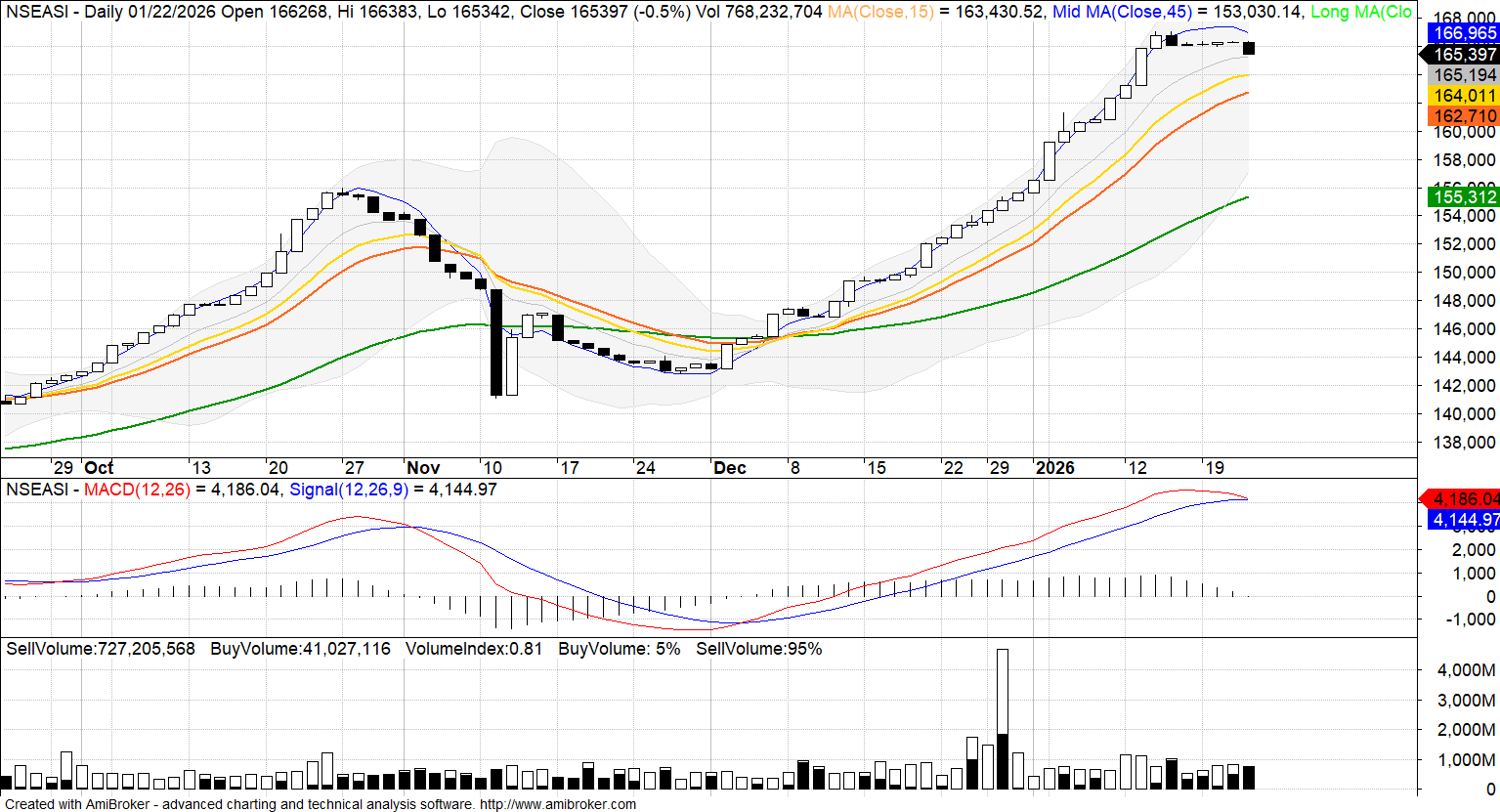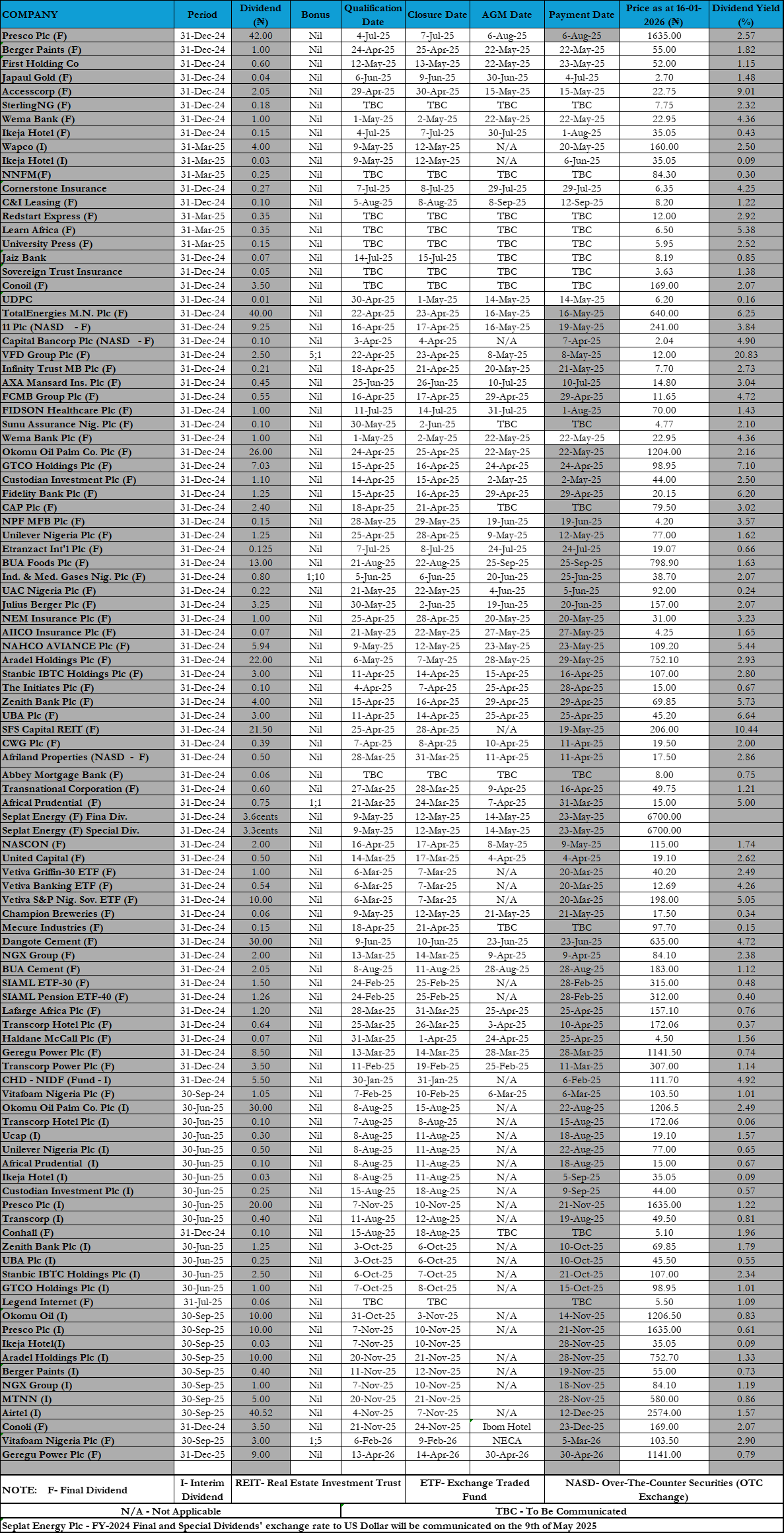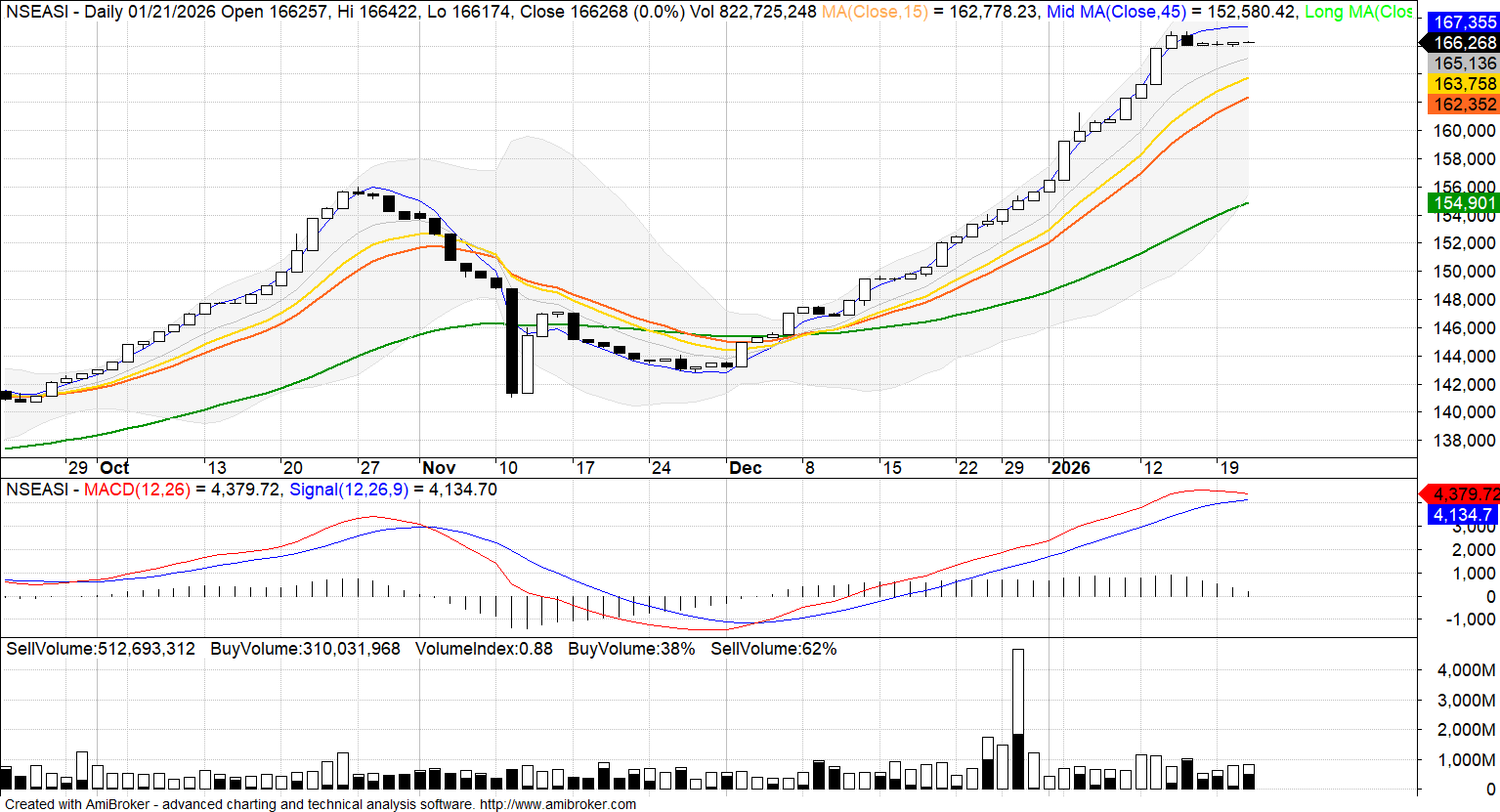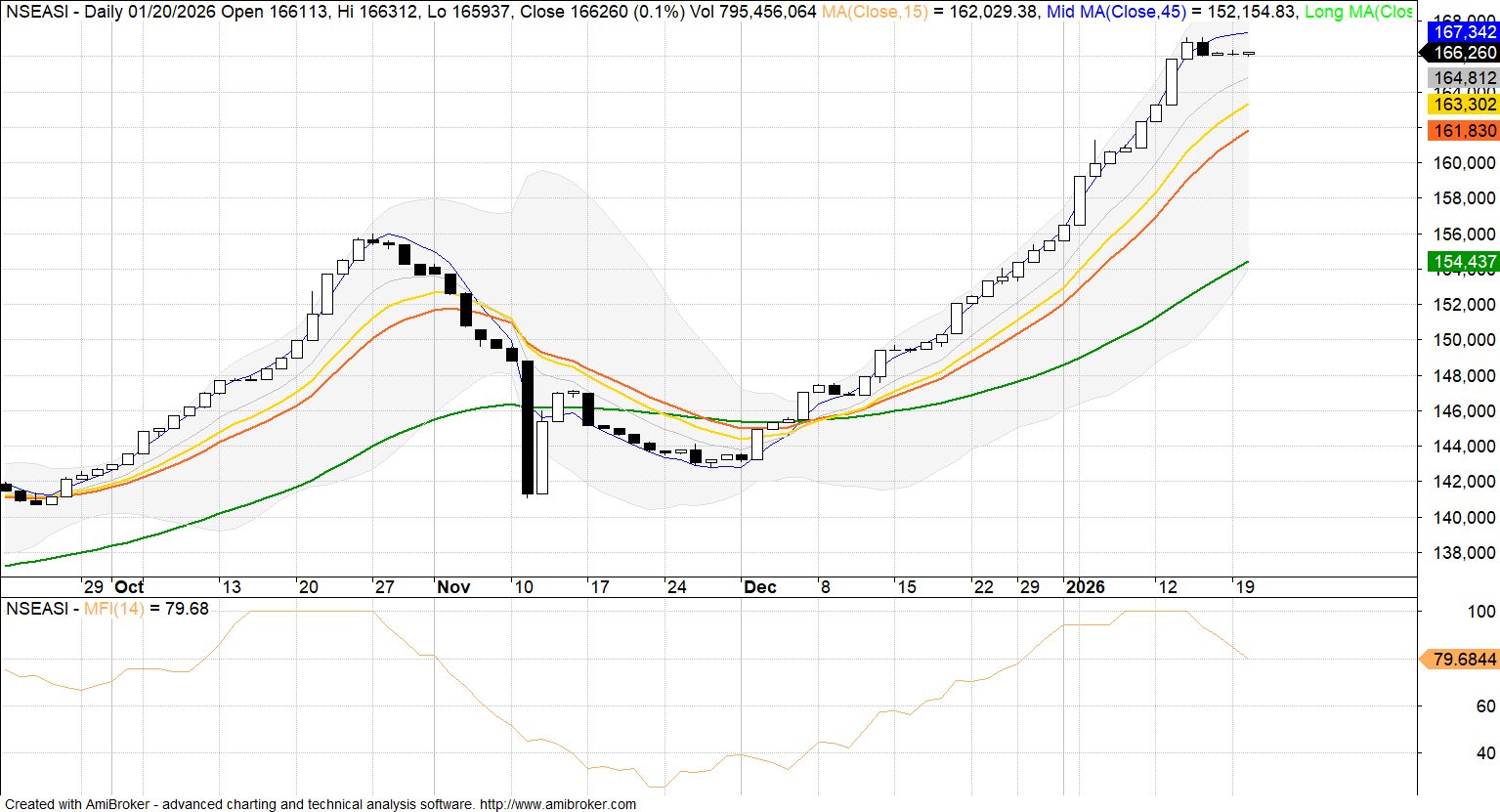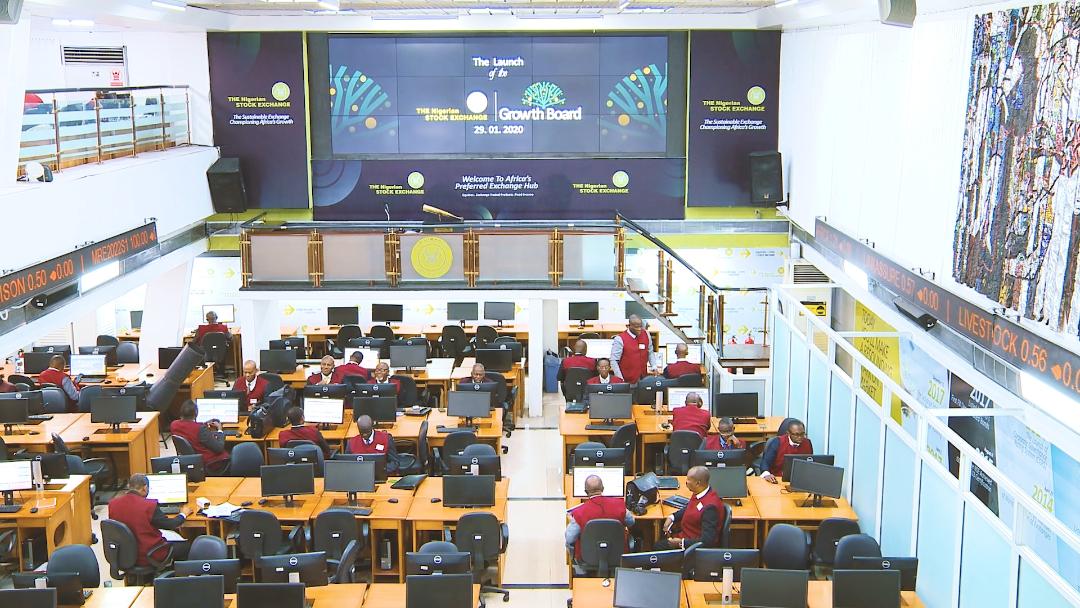
The value of equity transactions on the nation’s bourse increased year-on-year to N317.81bn (about $813.87m) in the month of November, compared to N172.52bn in the corresponding period of 2019, according to the Nigerian Stock Exchange’s Domestic & Foreign Portfolio Investment Report released on Wednesday, December 30, 2020.
Month-on-Month, transaction value grew by 29.77% from N244.9bn (about $634.55m) in the month of October 2020.
Total value of trade executed by domestic investors amounted to N250.5bn or 78.82%, compared to N67.31bn, or 21.18% by foreign investors; while foreign inflow amounted to N25.54bn, which was less than the N41.77bn foreign outflow. On the other hand, the value of domestic retail investment jumped to N106.38bn, almost double the N69.94bn of the preceding month; even as domestic institutional investments rose from N93.24bn in October to N144.12bn.
A review of the numbers showed that the November 2020 level was the year-to-date peak for both domestic retail and domestic institutional investments on the Nigerian bourse, helped by the Central Bank of Nigeria (CBN) policy barring domestic retail and institutional investors.
At 21.18%, foreign participation was at its lowest level in November, in percentage terms and attained a height of N110.22bn or 45.37% in March, followed by October’s N81.72bn in absolute terms.
Investdata recalls that the months of March and October were periods when most companies on the NSE paid cash dividends declared for full and half-year respectively.
Those who know had confided in this newspaper that the foreign parent companies of these multinationals spent the cash raising their stakes in their Nigerian arm since they were unable to repatriate their dividends because of the lull in the CBN’s Investors’ and Exporters window.
Investdata recalls also that companies that engaged in raising their stake in their local arms included Nigerian Breweries, PZ Cussons, and Flour Mills, among others.
It will also be noted that as a result of the CBN policy barring domestic retail and institutional investors from the Open Market Operations and Treasury Bills markets, maturing bills could not be reinvested or rolled over, hence the rush for the equity market windows, as a result of which equity prices had appreciated by an average of 45.7% as of December 29, 2020. Also, between January 1 and December 29, market capitalization soared by N7.49tr, representing a 51.83% growth.
Despite the hiccups experienced during the year, total value of transaction YTD as of November 30, a total of N1.898tr had flowed into the stock market, compared to N1.8tr within the same period of 2019.
While domestic investors (mostly pension fund administrators that had before now shied away from equities, preferring to play in the fixed income and money market for guaranteed returns) accounted for N1.239tr, or 65.28%; foreign investors pooled N659.28bn, or 34.72% in the first 11 months of the year. The domestic investors therefore increased their foothold on the local equity market from N920.7bn or 51.15% of total transaction in 2019, leaving their foreign counterparts with N879.4bn.
Within the period, the value of domestic investments grew by N318.92bn or 34.64%; while foreign investments dropped by N220.12bn or 33.39%.
According to the NSE report, while foreign inflows into the equity space dropped by N171.31bn or 43.1% from N397.44bn between January and November last year to N226.14bn in 2020; foreign outflow fell by N48.81bn or 10.13% to N433.15bn, as against the previous N481.96bn. Within the period, however, domestic retail investment soared from N452.85bn to N557.57bn, representing a growth of about N104.72bn or 23.12%; just as domestic institutional investments grew by N214.2bn or 45.78% from N467.85bn in the first 11 months of 2019, to N682.05bn in the corresponding period of this year.
As if to accentuate the effect of the CBN policy on investments in OMO and TBs which saw rates fall significantly, as part of efforts to make the nation’s banks engage in lending as against the practice of investing heavily in government instruments where they make significant returns, the NSE report drew attention to the increase in the value of transactions between August and November 2020.
Total transaction value soared from N94.45bn in August to N317.81bn in November, representing a growth of N223.36bn or 236.49%.



